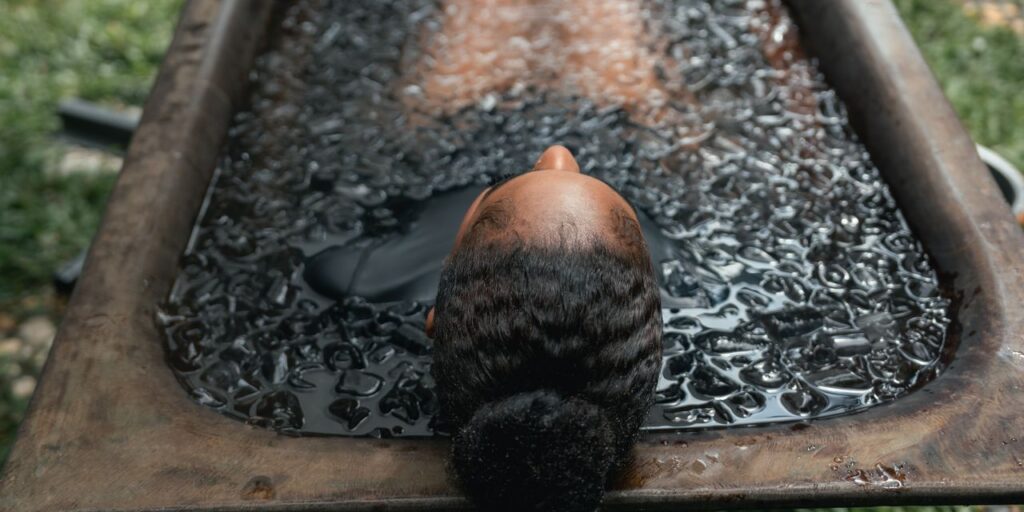Stress hormone spikes. You’ll see brief spikes in stress hormones like cortisol and catecholamines, per Wellauer. “These cause short-term increases in white blood cells and immune activation markers, which are normal acute responses and not harmful,” she says. (When you continue to do cold plunges, your body adapts and reduces this response, she says.)
Cardiac strain. Cold plunges put a temporary strain on your heart. “The body’s fight or flight response occurs, causing hormonal changes that increase the heart rate,” Sherry Ross, MD, ob-gyn and women’s health expert at Providence Saint John’s Health Center in Santa Monica, CA, tells SELF. There can also be an increase in blood pressure, according to Clijens.
Keep in mind that these responses are usually experienced by men and women, Bert Mandelbaum, MD, sports medicine specialist at the Regenerative Orthobiologic Center at Cedars-Sinai Orthopaedics in Los Angeles, tells SELF.
Cold plunges aren’t ‘bad’ for women, but there are some gender differences to point out.
Clijsen who, again, is a co-author on that study Pedrick cited, makes it clear that his study did not determine that cold plunges are bad for women. “The absence of objective benefits from cold water immersion after exercise does not imply that cold water immersion is bad or harmful for women,” he says. “Whether cold water immersion is bad for women is another question that was not the aim or answer in our study.”
But while men and women can have a similar response to cold plunges, there are a few differences in their reactions. As a whole, women have more body fat than men, who typically have more muscle mass and are bigger in size, Dr. Ross says. “Women have more insulation,” she says. “As a result of better insulation, women may feel a more intense cold sensation during the plunge and be more sensitive to the cold temperatures than men.”
Depending on a woman’s body size and fat composition, her body temperature may be more likely to drop faster than that of a man, putting her at greater risk of hypothermia—a medical emergency where the body loses more heat than it can make—sooner than a man, Clijsen says.
Your menstrual cycle influences your baseline core body temperature, and it tends to raise slightly after you ovulate, Clijsen says. “This change can impact how we feel temperature and our threshold for shivering,” he says.
As for that spike in cortisol, Dr. Swartzon points out that this is a normal stress response. “The science behind cold plunges suggests that controlled cortisol spikes can be beneficial, as opposed to chronic stress, which is harmful,” he says. “More cortisol is not better; However, a short cold plunge can help train the body to recover and be more resilient.”
Research into cold plunges is ongoing.
There is some small research to suggest that cold plunges may help reduce stress on your cells and make your body more resilient to future stress. And there’s also some data to suggest that cold plunges could support muscle recovery and maybe even boost your mood. But a lot of this research is preliminary.


